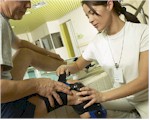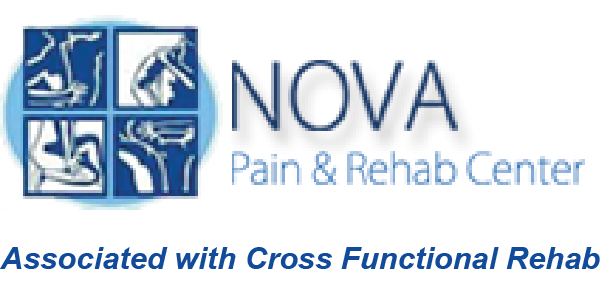 Exercise Physiology is a dynamic profession in the field of sport medicine that is concerned with injuries in athletic endeavors including their prevention, diagnosis and treatment. The profession has expanded in the recent years and exercise physiologists can specialize in athletic performance, cardiac rehabilitation, nutrition, older adult population, occupational health, orthopedics, education, research and administration. An exercise
Exercise Physiology is a dynamic profession in the field of sport medicine that is concerned with injuries in athletic endeavors including their prevention, diagnosis and treatment. The profession has expanded in the recent years and exercise physiologists can specialize in athletic performance, cardiac rehabilitation, nutrition, older adult population, occupational health, orthopedics, education, research and administration. An exercise
physiologist can increase health, fitness, and quality of life for athletes, disease states, injury or illness.
Exercise Physiologists, who have through knowledge of physiological and anatomical aspects of the body, use therapeutic exercise, education, manual techniques to treat patients to increase strength, endurance, decrease pain and improve overall body function. An exercise physiologist will often perform frequent testing to elevate patient’s progress including the following: cardiorespiratory (VO2 max,) body fat percentage, flexibility, strength, nutrition and endurance. As part of treatment, a exercise physiologist will stretch, strengthen, facilitate muscles, test balance and coordination abilities, and provide exercise programming to facilitate an individual’s treatment plan.
An exercise physiologist works together with many other health professionals to coordinate treatment in rehabilitation settings. An exercise physiologist will coordinate treatment plans with doctors, physical therapists, chiropractors and other health professionals to increase the patient’s potential. The multidisciplinary approach helps achieve patient’s goals and individual treatment outcomes as quickly and as effectively as possible.
Please click here to learn more aboutCross Functional Rehabilitation Specialists Exercise Physiology services.
